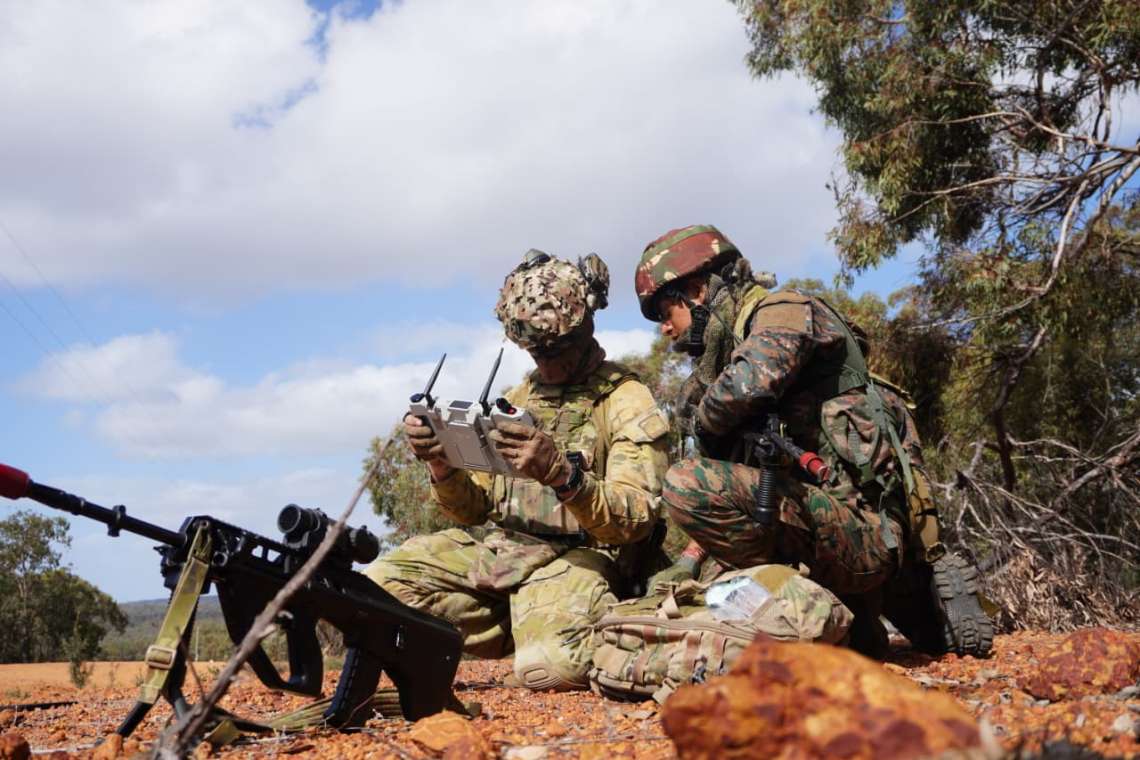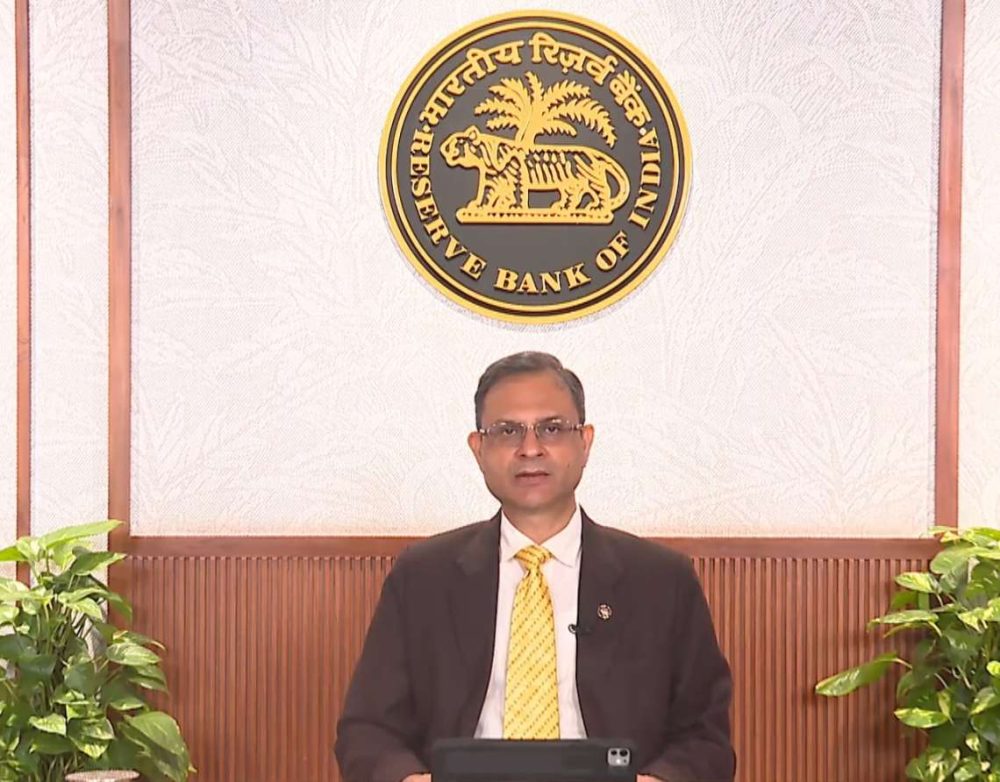The official, however, did not elaborate on the detailed amount of investment….reports Asian Lite News
Hyundai Mobis, South Korea’s leading auto parts maker, has said it plans to boost its investment in electric vehicle (EV) parts and automotive chips this year.
The auto parts arm of Hyundai Motor Group unveiled its plan during the Mobis Mobility Day in Silicon Valley, where it shared its technological advancements and visions with business partners.
Mitchell Yun, an official from Mobis Ventures Silicon Valley, the company’s hub established in the region to foster startups with cutting-edge technologies, said the firm plans to expand its investment in EV parts in 2024, reports Yonhap news agency.
Such projects will make up around 70 per cent of its total investment, rising sharply from the current 50 per cent, he added.
Yun also noted that while the demand for EVs in the global market has slowed temporarily, the industry will eventually move toward eco-friendly cars.
The official, however, did not elaborate on the detailed amount of investment.
Yun added that the company will also expand investment in automotive chips, emphasising the importance of securing a stable supply chain of semiconductors in the wake of recent supply shortages.
Hyundai Mobis is considering investing not only in startups but also in listed companies, he added.
Meanwhile, the company noted that it will significantly reduce the amount of investment in self-driving technologies due to the limits and costs of realising a full autopilot system.
Meanwhile, Hyundai Motor’s vehicle selling prices soared over the past five years due to a weak won (South Korean currency), higher costs and high-end models, the company’s data showed on Monday.
In the domestic market, the average selling price of Hyundai’s passenger vehicles rose to 53.19 million won (about $39,210) in the January-March period, up 41 per cent from 37.74 million won (around $27,821) for all of 2019, according to the company’s earnings reports.
Hyundai’s overseas vehicle selling prices also jumped to 64.19 million won (around $47,319) in the first quarter (Q1), up 95 per cent from 32.98 million won (around $24,312) in 2019 mainly due to the won’s weakness against the US dollar, reports Yonhap News Agency.
“A combination of a weak won, rising manufacturing costs, and increased sales of SUVs and high-end Genesis models drove up the selling prices of vehicles sold overseas, in particular,” a company spokesperson said.
But Kia reported a much lower increase in vehicle selling prices at home and abroad during the cited period.
Its domestic car-selling prices rose 4.3 per cent to 34.01 million won (around $25,073) from 32.59 million won (around $24,027), while overseas car-selling prices climbed 9.9 per cent to 33.06 million won (around $24,373) from 30 million won (around $22,105), the data showed.
ALSO READ: Mahindra Unveils New XUV700 Variant














